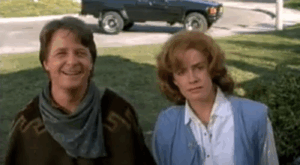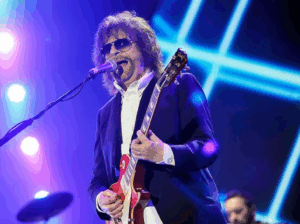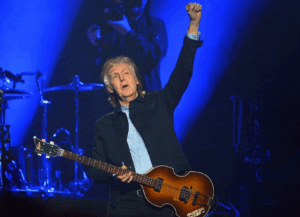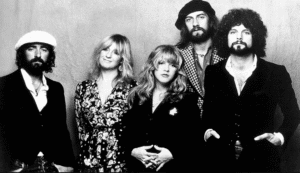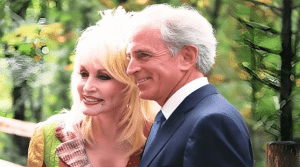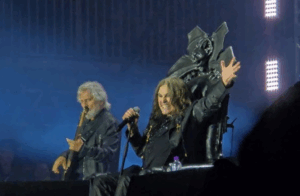Watch A Pre-Fame Interview Of Jimmy Page In 1963
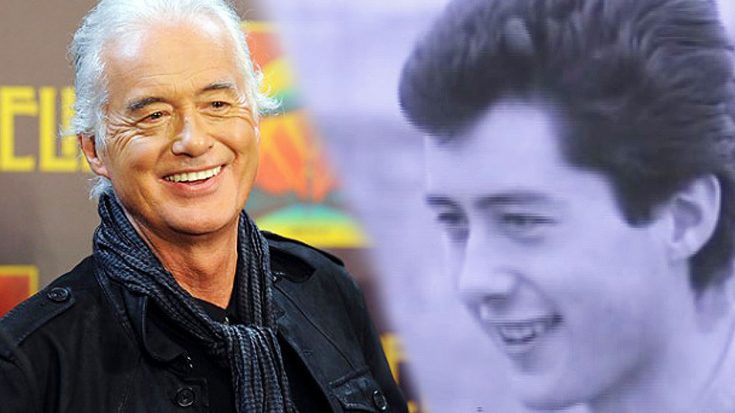
(L) cdn.antiquiet.com (R) YouTube channel ITV Channel Television
Before the fame and rock and roll with Led Zeppelin, Jimmy Page was a young, confident guitarist with big dreams. A previously unseen interview from June 1963, rediscovered in 2014 by ITV Channel Television archives, offers a rare glimpse into the early aspirations of a 19-year-old Page in Guernsey, Channel Islands.
In this interview, a youthful Jimmy Page discusses his role as a session guitarist—a musician hired to record tracks for various artists rather than performing with a single group. Page explains that a session guitarist does not work for one particular singer and is often called in to make records with different artists, usually for a standard fee.
Page reflects on why young session guitarists are rare, attributing it to the tight-knit nature of the Musicians Union, which tends to favor established players. He shares how he became a session guitarist, feeling he had the right “feel” for the job. At the time of the interview, Page had been playing guitar for four years, with his session work spanning the past 18 months. He also played with a regular group called NE Christian and the Crusaders, performing one-night stands across England.
The interview reveals Page’s early experiences backing notable names like Tony Meehan and Eden Kane, though he admits working with big names can be disappointing, as they often don’t meet one’s expectations.
When asked about his future ambitions, Page expresses a strong interest in art, revealing that he hoped to finance his art career through his guitar work. He notes that while he is passionate about music, his ultimate goal is to become an accomplished artist.
Jimmy Page’s early career hints at the incredible impact he would later have on the British music scene, as he went on to form The Yardbirds in 1963 and, subsequently, Led Zeppelin, both of which became two of the most influential rock bands of all time. The Yardbirds, known for their blues roots, later explored pop, hard rock, and psychedelic rock, paving the way for Page’s monumental contributions to rock music.






